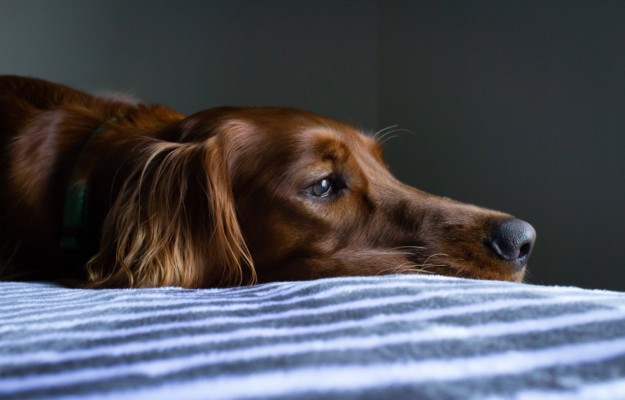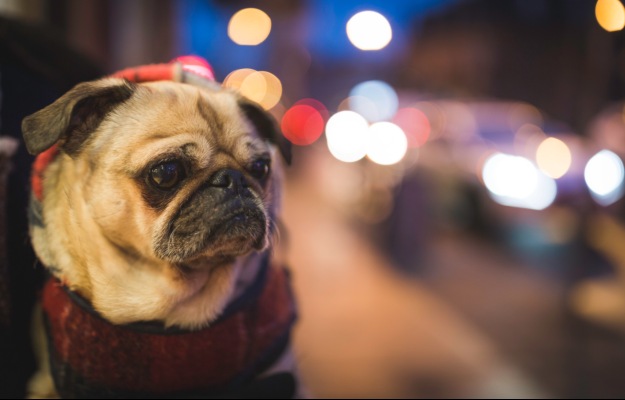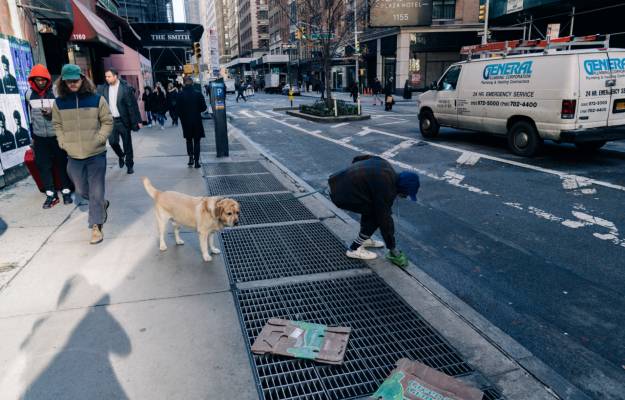A dog can be a lovely addition to the family: there are countless moments of joy and innocence and unconditional love and loyalty.
However, there are many factors to consider before adopting a dog - especially if it’s your first time. While dogs are great, they are also a big commitment. They need your attention and love. An impulsive decision, therefore, can quickly become problematic if you realize you can’t look after the dog.
For starters, ask yourself if you have the time to look after a dog. Will your professional and social life allow it? When you are not at home, will there be someone at home to take care of the dog? What about when you go on holiday? And when you’re at home, will you have the patience and inclination to train and take your dog out for walks?
Owning a dog also involves some expenditure: visits to the vet, grooming, food, clothes all add up. You will also have to make sure your house is safe for the puppy: are there exposed wires, spaces on stairs the dog can fall through, harmful products such as medicines and plants? Is your garden secure enough so that your dog can’t jump over the fence and get injured outside?
It is important to take the time to make a decision and be honest with yourself about your commitment and lifestyle before getting a pet home. For example, certain breeds and sizes are more conducive to a more sedentary life as opposed to a more active life.
Other than this, you will need to learn about the health requirements of the dog as well. Getting timely vaccinations, and deworming regularly are all your responsibility. Also, ask dog lover friends about vet recommendations. This is a very important relationship and in many ways, your dog’s quality of life will also depend on the competence of your vet.
All of this may seem daunting, but if you break it down to its constituents, it is much easier to come to a decision. Here is a checklist of what you should consider before getting a dog, how to know if you are ready, what type of dog you should get, how to prepare your house and what to buy and how to make sure you provide the best quality of life to your new friend.
Read more: How to bathe and groom a dog at home






























